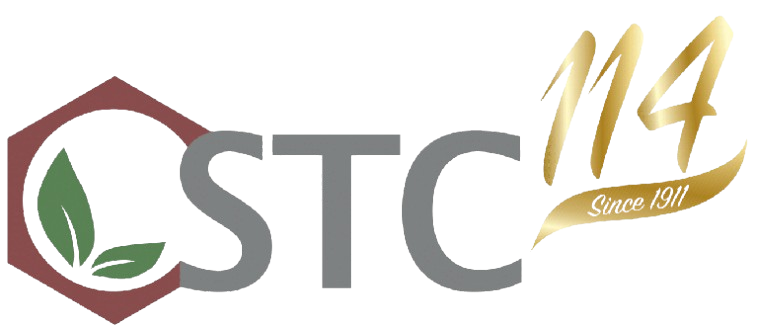
ES Green Deal The CAP Action Plan has been developed over two years (2022, 2023) in the Member States. These include steps to reduce greenhouse gas emissions by 55 % by 2030.
One of the elements of this strategic plan for Latvia is how to strengthen the position and contribution of organic farming. As we know, organic farming focuses on technologies and measures that contribute to environmental and climate protection and biodiversity. This is achieved without the use of energy-intensive inputs and materials such as artificial fertilisers and plant protection products. Instead, organic farms make greater use of internal farm resources and natural processes such as composting, crop rotation, which clearly reduce the energy footprint.
The following section will look at data from a study carried out by Nick Lampkin and Jörn Sanders from Thünen institute in Germany This study - an analysis of each Member State's Strategic Plan for Organic Farming - is the first to be carried out in Europe.
Results
It concludes that organic associations and organisations need to be strengthened to promote and develop the spread and availability of organic production and processed organic products in all European countries, in order to reach the EU target of at least 25 % of organic production in 2030. The European Commission has expressed its support for organic farming policy, recognising that its potential for impact goes well beyond a single sector, with positive changes in climate, nature, water quality, animal welfare, the living standards of rural populations and public health. It is hard to find another policy area that could contribute to so many elements of planetary and human health as investment in organic farming policy.
The graph shows the CAP targets for European Member States to increase the certified organic area.
Certified and supported organic land in EU countries, % from agricultural land (UAA)

Source: Lampkin & Rehburg (2023) and Lampkin & Sanders (2022).
Interesting facts
Doubling the areas would only bring us to 15 % in the EU, not 25 %. Few EU countries have any idea how to achieve these targets, but no concrete measures have been developed. For example, the French government did not get enough political support last year to reach its target of 15 %. In most countries, deepening policy makers' understanding of why organic production is needed in the first place remains an important challenge. Showing that it is most directly linked to national objectives - environmental, farm growth and economic benefit.
Viable policies
There is much of value in the CAP plans:
There are good examples of how Member States are adopting good practices from each other. Germany has announced a gold, silver and bronze labelling system for organic food in restaurants and catering establishments. This model was inspired by the Danish example. The Danish practice of using organic farming to protect drinking water sources was inspired by the Munich (Germany) model.
Let's underline that it is the adoption and adaptation of best practices that would be the best way to achieve the objectives of organic farming!
How to make bio-action plans truly national?
First you need dialogue and close cooperation between all stakeholders and professionals in the organic sector. The most successful policies are the result of dialogue and cooperation between policy makers, when the needs and challenges of the organic sector are identified and understood. For example, the German Biological Action Plan involved 100 working groups with more than 1000 participants.
It is also important that the policy focuses on organic farms, on the conversion of farms to organic production, and on the development of the processing stage and the market. This brings all the groups involved closer together, providing immediate feedback into the supply chain and reducing over- or underproduction of organic products.
Next step - Expanding the market for organic food.
Most EU countries only have targets for increasing the area under organic farming. However, it would be more appropriate to first set ambitious targets for the growth of the organic market. This should also be coordinated with increasing the size of farms and converting to organic production methods. This can be done through retail, catering, short supply chains for trade and export.
There are proven policy instruments that can facilitate this:
Motivating farmers to turn to organic production.
This requires:
Finally, if a policy remains on paper, it has zero value. Unfortunately, many biological policies around the world are never fully implemented.
Some key actions that increase the likelihood of policy implementation:
SAGATAVOS: Ieva LĀCE, SIA Certification and testing centre Deputy Member of the Management Board

To provide you with the best experience, we use technologies such as cookies to store and/or access device information. Consenting to these technologies will allow us to process data such as browsing behaviour or unique IDs on this site. Not consenting or withdrawing consent may adversely affect certain features and functionality.